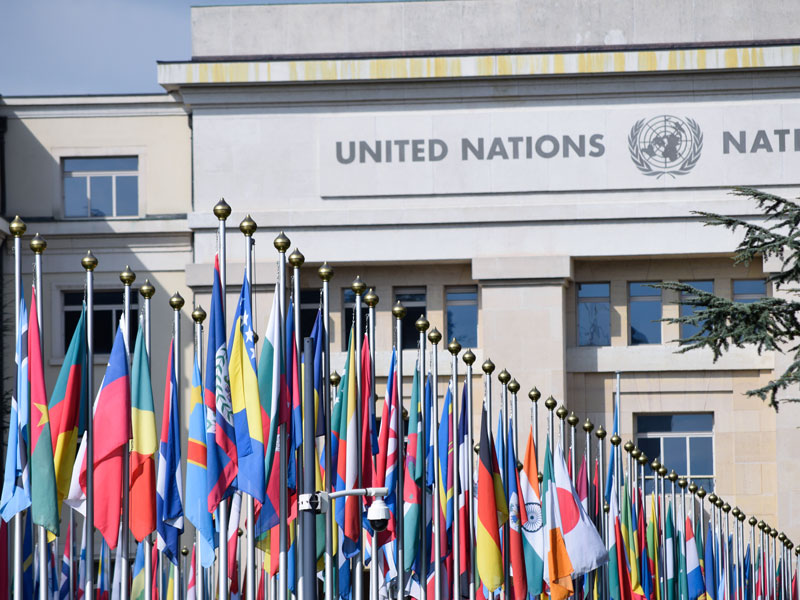
In recent years, there has been mounting evidence to suggest that the effectiveness of Western sanctions is diminishing. This article aims to critically examine the reasons behind this decline in effectiveness and explore potential alternatives.
One of the key factors contributing to the diminishing effectiveness of Western sanctions is the changing dynamics of the global economy. As emerging powers like China, Russia, and India rise in prominence, they provide alternative economic avenues for targeted countries. These nations are often willing to fill the void left by Western sanctions, thereby reducing their impact. Additionally, the interconnectedness of the global economy allows countries to find workarounds and establish new trade partnerships, limiting the effectiveness of Western sanctions.
Sanctions Fatigue
Sanctions have become a common tool in Western foreign policy, leading to what some refer to as “sanctions fatigue.” Years of imposing and maintaining sanctions on various countries have led to a desensitisation among both the target countries and the international community.
Targeted nations have become adept at weathering sanctions, developing strategies to mitigate their impact, and finding ways to continue their activities through illicit means. This growing resilience undermines the intended impact of Western sanctions.
Western sanctions often have unintended consequences that can undermine their effectiveness. In some cases, they lead to increased hardship and suffering among the general population while failing to put sufficient pressure on the targeted regime.
This humanitarian cost can erode international support for sanctions and generate sympathy for the targeted regime, ultimately weakening the intended impact. Furthermore, sanctions can create opportunities for corruption and black market activities, benefiting those who thrive in the face of economic restrictions.
The effectiveness of Western sanctions heavily depends on the support and cooperation of other nations. However, securing broad multilateral support has become increasingly challenging, as countries often have diverse interests and priorities.
Disagreements among Western nations themselves can further dilute the impact of sanctions. For instance, the Iran nuclear deal highlighted divisions within the international community regarding the efficacy and approach to sanctions. Without united international support, Western sanctions become less potent as countries seek alternative avenues for engagement.
Exploring Alternatives
Given the diminishing effectiveness of Western sanctions, it is crucial to explore alternative approaches to achieve foreign policy goals. Diplomatic engagement, dialogue, and negotiation should be prioritised to address concerns and resolve conflicts. Building coalitions and alliances with like-minded nations can help exert collective pressure on targeted regimes.
Economic incentives and positive reinforcement strategies can also be explored as means to steer the behaviour of countries towards desired objectives. It is essential to recognise that a multi-faceted approach, encompassing both coercive and cooperative measures, may yield better results.
The diminishing effectiveness of Western sanctions can be attributed to several factors, including changing global dynamics, sanctions fatigue, unintended consequences, and limited multilateral cooperation.
While sanctions have played a role in shaping international relations, their limitations are becoming increasingly evident. As the global landscape continues to evolve, it is imperative for Western nations to reassess their strategies, explore alternative approaches, and prioritise diplomatic engagement in order to achieve their foreign policy objectives more effectively.


